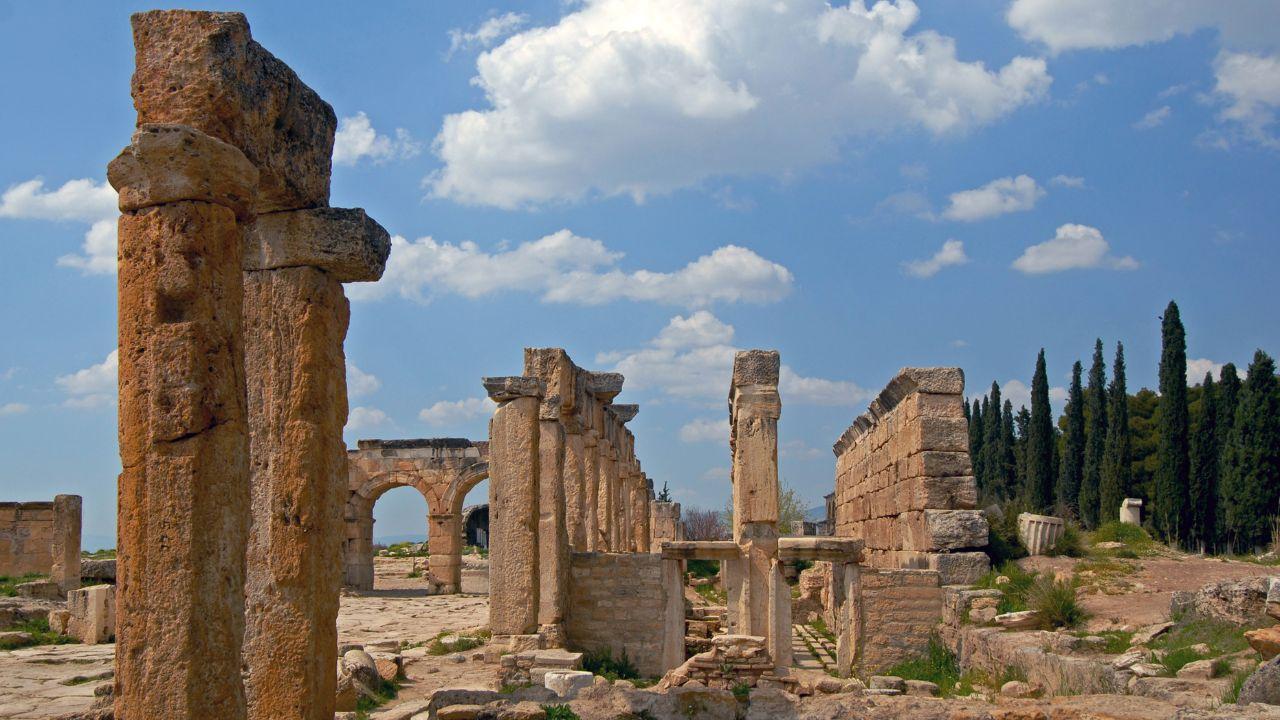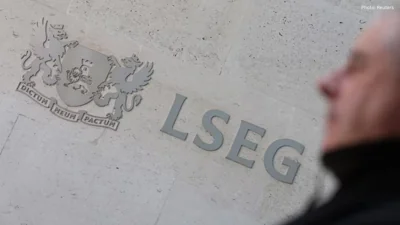
Post by : Vansh
The Middle East has long been recognized as the cradle of human civilization. From the earliest written languages to magnificent cities built thousands of years ago, this region holds some of the world’s richest historical treasures. When we speak of rediscovering the ancient civilizations of the Middle East, we are not merely exploring the ruins of the past but uncovering the very foundations of modern society. These civilizations gave humanity monumental achievements in governance, art, architecture, science, and spirituality.
The lands of Mesopotamia, often referred to as the "land between rivers," were home to the earliest complex societies. Civilizations such as the Sumerians, Akkadians, Babylonians, and Assyrians flourished here, giving rise to organized cities, agriculture, and trade. The ancient civilizations of the Middle East introduced groundbreaking innovations like the wheel, cuneiform writing, and codified laws. The famous Code of Hammurabi, for example, stands as one of the first legal frameworks in human history.
Egypt, located along the fertile Nile River, further enhanced the region’s significance. Its pyramids, temples, and hieroglyphic scripts remain symbols of engineering genius and cultural depth. The combination of Mesopotamian ingenuity and Egyptian grandeur created a rich tapestry of heritage that continues to inspire the world.
The Middle East was not an isolated region but a hub of cultural interaction. Positioned at the crossroads of Asia, Africa, and Europe, it served as a vital trade corridor. Caravans carried goods like spices, textiles, and precious metals, while ideas and philosophies traveled alongside. This cultural exchange contributed to the development of science, literature, and philosophy.
The Persian Empire, another monumental force in the region, extended its influence across continents, leaving behind architectural marvels such as Persepolis. Their contributions to governance, administration, and infrastructure still resonate today. The blending of Persian, Mesopotamian, and Egyptian traditions shaped the region’s dynamic identity.
When examining the ancient civilizations of the Middle East, one cannot ignore their intellectual contributions. Astronomy, mathematics, and medicine flourished in Babylon, while Egyptian scholars advanced knowledge in anatomy and engineering. Observatories were established to study celestial patterns, laying the groundwork for modern astronomy. The development of calendars, irrigation systems, and monumental architecture highlight the region’s scientific and practical genius.
Later, during the Islamic Golden Age, Middle Eastern scholars preserved and expanded upon the knowledge of earlier civilizations. Libraries in Baghdad and Cairo became centers of learning, where Greek, Persian, and Indian texts were translated, studied, and enriched. This intellectual spirit shaped global progress and bridged ancient wisdom with the modern world.
Beyond material advancements, the Middle East remains central to the spiritual evolution of humanity. The region is home to the world’s major monotheistic religions—Judaism, Christianity, and Islam. Each faith has deep historical and cultural roots in these lands, influencing billions of people across centuries. Sacred cities such as Jerusalem, Mecca, and Medina remain focal points of faith and pilgrimage, reinforcing the region’s timeless spiritual significance.
The early civilizations also worshiped a pantheon of gods and goddesses, reflecting humanity’s evolving relationship with nature and the divine. Temples, ziggurats, and sacred rituals reveal the profound role of religion in shaping ancient societies.
The rediscovery of the ancient civilizations of the Middle East owes much to archaeology. Excavations at sites such as Ur, Nineveh, and Luxor have unearthed inscriptions, artifacts, and monuments that offer glimpses into lost worlds. The discovery of the Rosetta Stone, for example, unlocked the secrets of Egyptian hieroglyphs, while the ruins of Babylon reveal stories of kings, empires, and cultural magnificence.
Modern technology has revolutionized archaeological exploration. Digital mapping, 3D reconstruction, and satellite imaging allow researchers to uncover buried treasures without damaging fragile remains. Museums worldwide now preserve and showcase these findings, ensuring that the legacies of these civilizations continue to inspire.
The information presented in this article is intended for general knowledge and educational purposes only. While every effort has been made to ensure accuracy, historical interpretations and sources may vary. Readers are encouraged to conduct further research for deeper insights. MiddleEastBulletin news network does not assume responsibility for any reliance placed on the content provided.










Brendon McCullum Under Fire Following England's Ashes Setback
England's Ashes defeat has raised concerns over coach Brendon McCullum's future as scrutiny intensif

Kim Jong Un Welcomes the New Year in Pyongyang with Ju Ae
Kim Jong Un celebrates New Year with fireworks and patriotic displays in Pyongyang, showcasing his d

Dhurandhar Day 27: Ranveer Singh’s Blockbuster Continues to Shine
Dhurandhar hits ₹1117 crore globally by day 27, establishing itself as a record-breaking hit. Ranvee

Hong Kong's New Year 2026 Observed in Silence Following Tragic Fire
For the first time in years, Hong Kong ushered in 2026 without fireworks, opting for light displays

Dhurandhar Surpasses ₹1000 Cr Globally, Faces Gulf Ban Challenges
Dhurandhar's global earnings exceed ₹1000 crore despite a $10M setback from Gulf bans. Overseas audi

China Asserts Peace Mediation in India-Pakistan Dispute; India Responds Firmly
Amid India's denial of third-party mediation, China claims it helped defuse tensions between India a